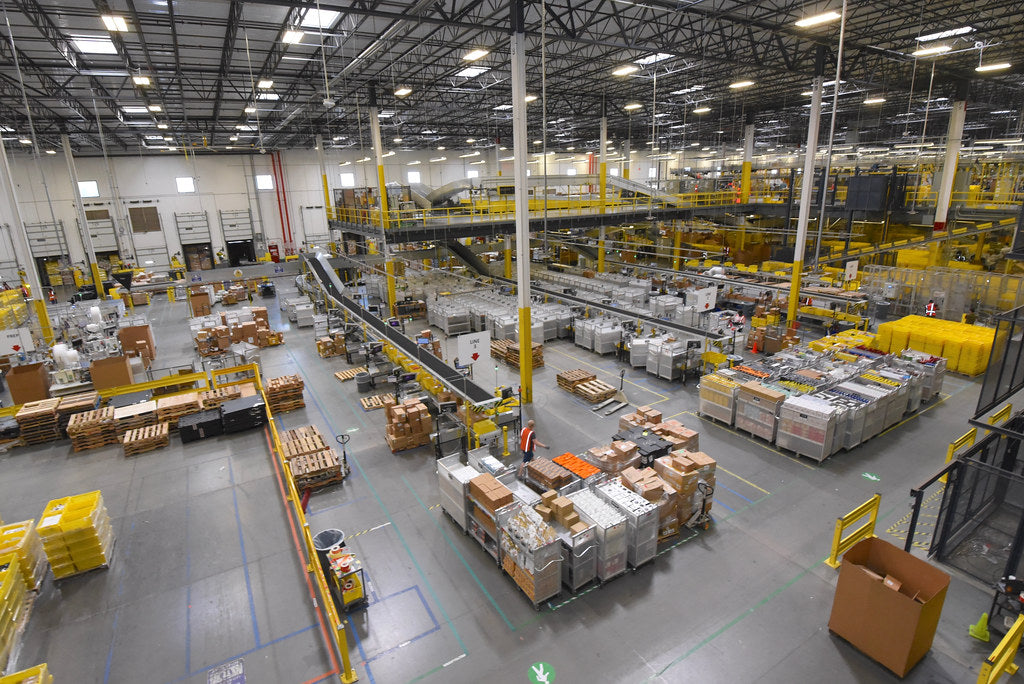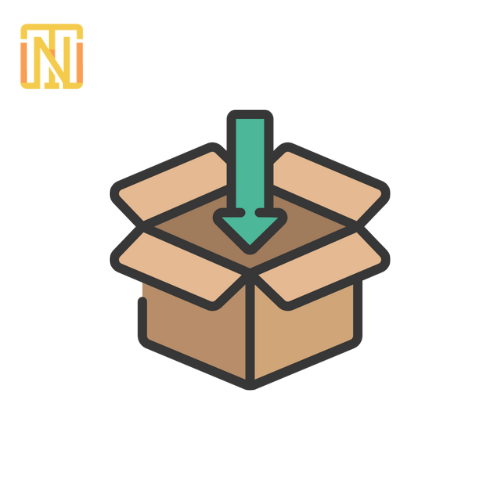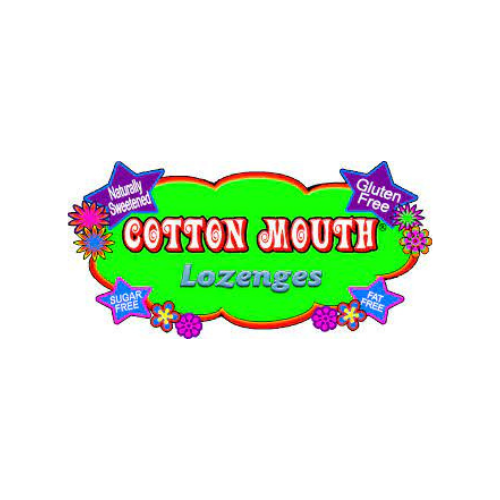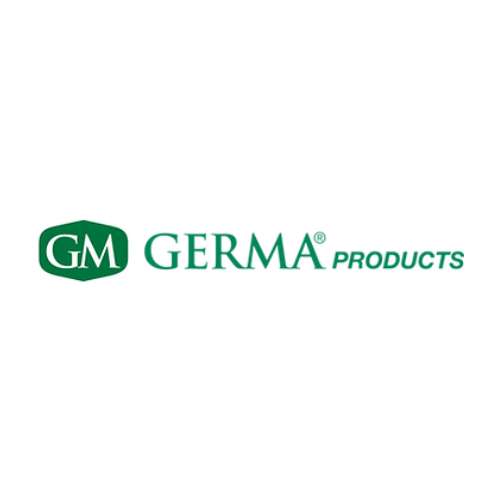
Private Label vs. Wholesale: Weighing the Options for Your Amazon FBA Business
In the dynamic landscape of e-commerce, Amazon FBA (Fulfillment by Amazon) has emerged as a lucrative avenue for entrepreneurs who seek to capitalize on the vast online marketplace. Aspiring sellers often find themselves at a crossroads when it comes to sourcing products for their Amazon FBA businesses. Two primary options stand out: private label and wholesale.
In this discussion, let's delve into these options and dissect different aspects of both of these models to help you make an informed decision for your venture.
Introduction to Private Label and Wholesale:
For Amazon FBA, sourcing products typically revolves around private label and wholesale models. private label includes the procurement of generic products from manufacturers, which are then rebranded and marketed under the seller's own brand name. On the other hand, wholesale involves purchasing products in bulk from manufacturers or distributors, often existing brands, to sell under one's Amazon store. Each approach comes with its own set of advantages and challenges. Each of them caters to different entrepreneurial objectives based on different risk appetites.
Understanding Private Label
Private labeling, often hailed as the hallmark of brand ownership in the e-commerce realm, involves sourcing generic products from manufacturers and branding them as your own. This model offers a unique blend of control and customization which allows sellers to imprint their brand identity on products. Let's explore the advantages and challenges of private labeling in detail:
Explanation of Private Label Model:
At its core, private label involves finding manufacturers capable of producing products according to your specifications, including design, packaging, and labeling. This model grants sellers autonomy over branding, enabling them to craft compelling narratives and differentiate their offerings in the marketplace.
Pros of Private Label:
Control over Branding and Marketing:
With private labels, sellers have full control over branding elements such as logo, packaging design, and messaging. This autonomy enhances brand cohesion and enables sellers to cultivate a distinct identity in the competitive e-commerce landscape.
Potentially Higher Profit Margins:
By eliminating intermediaries and establishing direct relationships with manufacturers, private-label sellers can often enjoy higher profit margins compared to retail arbitrage or dropshipping models. This margin advantage is based on the added value linked to branded products and the resultant ability of the seller to command premium pricing.
Cons of Private Label:
Higher Risk and Investment Required:
Unlike wholesale, which offers access to proven products, private label entails a higher degree of risk and investment. From product development and testing to branding and marketing expenses, launching a private label product requires substantial upfront capital that although dependent upon the product's nature usually exceeds five or six figures for high-end products.
Time-Consuming Product Development and Branding Process:
Building a successful private-label brand demands time and dedication. From identifying viable product opportunities to designing captivating packaging and conducting market research, the journey from concept to launch can be difficult as well as time-consuming.
Additionally, sellers have to go through the navigation of the complexities of product sourcing, quality assurance, and fulfillment to ensure a satisfying customer experience.
To sum up, the private label presents an enticingly attractive opportunity for entrepreneurs who are willing to invest in long-term brand building. However, it's far more important to estimate the inherent risks and challenges against the potential rewards before embarking on this journey.
Exploring Wholesale
Wholesale sourcing offers a contrasting approach to product acquisition for Amazon FBA businesses. Instead of creating products from scratch, sellers procure goods in bulk from manufacturers or distributors. In this model, the products of often established brands with
existing market traction are listed by sellers on Amazon.
Let's dive into the world of wholesale and inspect its advantages and drawbacks:
Definition of Wholesale Sourcing:
Wholesale involves purchasing products in large quantities from manufacturers or distributors at discounted prices, to resell them for a profit. Unlike private label, which involves creating all-new brands for selling the products, wholesale leverages existing brands and product lines. It offers a relatively straightforward path to enter into the
market.
Pros of Wholesale:
Lower Risk with Proven Products:
One of the primary advantages of wholesale sourcing is the reduced risk associated with selling products with proven market demand. By partnering with reputable brands and distributors, sellers can tap into existing demand and consumer trust. It significantly mitigates the uncertainties that arise with the launching of new products from scratch.
Access to Established Brands and Products:
The wholesale model opens doors to a vast range of established brands and products across different categories. From household names to daily use brands, sellers have the flexibility to accurately adjust their product catalog based on market trends and consumer preferences without the need for stumbling into the Herculean task of product development.
Minimum Need for Marketing the Products:
As compared to the high volume and high budget marketing campaigns involved with private label products, the wholesale model offers relative ease. In this model, sellers do not have to go through mighty budget marketing campaigns because the products already have a stable demand in the market.
Streamlined Sourcing Process:
Compared to the time-consuming product development cycle of private labels, wholesale offers a streamlined sourcing process. Sellers can quickly identify profitable products, negotiate pricing and terms with suppliers, and start selling with minimal lead time. This allows the sellers to make a quick and faster entry into the market and the revenue
generation follows.
Cons of Wholesale:
Limited Control over Branding and Pricing:
While wholesale provides access to established brands, sellers have limited control over branding elements such as packaging and product customization. Additionally, pricing dynamics may be influenced by factors beyond the seller's control, such as MAP (Minimum Advertised Price) agreements and competitive pressures.
Lower Profit Margins Compared to Private Label:
While wholesale offers lower risk and faster market entry, profit margins may be lower compared to private-label products. This is due to the competitive nature of wholesale pricing, which can exert downward pressure on margins. However, finding a retailer-friendly wholesaler can greatly help you make big bucks.
In summary, wholesale sourcing presents a compelling alternative for Amazon FBA sellers seeking to minimize risk and accelerate their path to profitability. By leveraging established brands and products, sellers can capitalize on existing market demand while focusing on providing competitive prices only.
Comparative Analysis
As Amazon FBA sellers weigh their sourcing options, conducting a comparative analysis of private label and wholesale models is essential for making informed decisions. Let's make things easier for aspiring sellers by diving into the key factors that differentiate these
approaches and their implications for business success:
Cost and Risk:
Private Label: While private label offers the potential for higher profit margins, it typically involves higher upfront costs and risks. From product development and branding expenses to inventory investment, launching a Private-label product requires substantial financial resources and it comes with a greater degree of uncertainty.
Wholesale: In contrast, wholesale presents a lower barrier to entry and reduced risk, as sellers leverage existing brands and products with proven demand. While the initial investment may still be significant, it's generally far lower compared to private labels. These features make Wholesale an attractive option for entrepreneurs with limited capital or risk appetite.
Time and Effort:
Private Label: Launching a private label product involves a time-consuming process of product development, branding, and market validation. Sellers must invest significant time and effort in sourcing suppliers, designing packaging, and establishing a brand presence, which can delay the time to market.
Wholesale: With wholesale, sellers benefit from a more streamlined sourcing process, as they tap into existing products and brands. This translates to shorter lead times and faster market entry. It allows sellers to focus on sales and marketing activities to drive growth.
Profit Margins:
Private Label: Private label products offer the potential for higher profit margins, as sellers have more control over pricing and branding. By creating unique value propositions and building brand equity, sellers can command premium prices and capture a larger share of the market.
Wholesale: While wholesale margins may be lower compared to private labels, they still offer attractive opportunities for profitability. Here the quantity of orders boosts the game of profits. By optimizing sourcing and operational efficiencies, sellers can maintain healthy margins while leveraging the scale and market presence of established brands.
Market Trends:
Private Label: Private label allows sellers to capitalize on emerging trends and niche markets by creating tailored solutions to meet evolving consumer needs. However, identifying viable opportunities and differentiating from competitors requires in-depth market research and strategic positioning.
Wholesale: Wholesale offers access to a diverse range of products and brands. This factor enables the sellers to adapt to shifting market trends and consumer preferences. By staying informed of the market dynamics and leveraging supplier relationships, sellers can capitalize on emerging opportunities and drive sustainable growth.
By carefully evaluating these factors and aligning sourcing strategies with business goals, Amazon FBA sellers can chart a course for long-term success in the competitive e-commerce landscape.
Why Wholesale Might Be a Better Choice
Let's explore why wholesale might be the preferred choice for entrepreneurs looking to streamline their operations and maximize profitability:
Lower Risk and Investment:
One of the primary advantages of wholesale sourcing is its lower barrier to entry and reduced risk compared to private labeling. By partnering with established brands and products, sellers mitigate the uncertainties associated with product development and market validation. This lower risk profile makes wholesale an attractive option for entrepreneurs with limited capital or risk appetite. It allows them to enter the market with
confidence and focus on driving growth.
Access to Established Brands and Products:
Wholesale sourcing opens doors to a wide variety of established brands and products across various categories. In wholesale, sellers gain access to a diverse product catalog without the need for extensive product development. This access to proven products with existing demand in the market enables the sellers to capitalize on consumer demand for
the listed products.
Faster Entry into the Market:
Compared to the time-consuming product development cycle of private labeling, wholesale offers a faster pathway to market entry. By leveraging existing brands and products, sellers can quickly identify profitable opportunities, negotiate pricing and terms with suppliers, and start selling with minimal required time. This accelerated time to market enables sellers to capitalize on emerging trends and capture market share more
efficiently. This factor enables them to position their business for long-term success in the competitive e-commerce landscape.
Easier Scalability and Expansion Opportunities:
Wholesale sourcing facilitates scalability and expansion by providing access to a wide range of products and suppliers. Sellers can diversify their product offerings, test new markets, and expand their customer base without the constraints of product development and branding. This scalability enables sellers to adapt to evolving market conditions, capitalize on emerging opportunities, and drive sustainable growth over time.
In conclusion, wholesale sourcing offers a multitude of advantages for Amazon FBA sellers, ranging from lower risk and investment to access to established brands and products, faster market entry, and easier scalability. By leveraging the strengths of wholesale sourcing, entrepreneurs can position themselves for success in the competitive e-commerce landscape and unlock their full potential in the dynamic world of online retail.
Tips for Successful Wholesale Sourcing
Here are some actionable tips and strategies to help you succeed in wholesale sourcing:
Research and Identify Profitable Niches and Products:
- Conduct through market research to identify high-demand niches and product categories with growth potential.
- Analyze sales data, trends, and competition to pinpoint profitable opportunities and assess market saturation.
- Look for products with consistent demand, strong consumer interest, and sufficient profit margins to ensure viability.
In this connection, UTN Wholesale offers a wide range of products that sell like crazy on Amazon.
Build Relationships with Reliable Suppliers and Distributors:
- Invest time in building
strong relationships with reputable suppliers and distributors who offer
quality products and reliable service. - Attend industry trade shows, networking events, and online forums to connect with potential suppliers and establish rapport.
- Communicate openly and transparently with suppliers to negotiate favorable terms, pricing, and shipping arrangements.
UTN Wholesale has successfully turned the entrepreneurial dreams of dozens of Amazon sellers into reality with a consistent and long-term partnership.
Optimize Product Listings and Marketing Strategies:
- Create compelling product listings with clear, descriptive titles, high-quality images, and detailed product descriptions to attract buyers.
- Optimize keywords, tags, and search terms to improve visibility and ranking in Amazon's search results.
- Implement targeted marketing strategies such as sponsored ads, promotions, and social media campaigns to drive traffic and sales.
Monitor Performance and Adjust Strategies Accordingly:
- Track key performance metrics such as sales, profitability, and inventory turnover to gauge the success of your wholesale sourcing efforts.
- Continuously monitor market trends, customer feedback, and competitor activity to stay informed and adapt your strategies accordingly.
- Iterate and refine your sourcing, pricing, and marketing strategies based on data-driven insights and feedback from customers and suppliers.
By following these tips and strategies, Amazon FBA sellers can enhance their wholesale sourcing efforts, maximize profitability, and position themselves for long-term success in the competitive e-commerce landscape. With diligence, strategic planning, and a customer-centric approach, wholesalers can unlock new growth opportunities and
achieve their business objectives on the Amazon platform.
FAQs
What is the difference between private label and wholesale sourcing for Amazon FBA businesses?
Private label involves branding generic products as your own, while wholesale involves purchasing existing products in bulk from manufacturers or distributors to sell under your Amazon store.
Is wholesale sourcing suitable for beginners in the Amazon FBA space?
Yes, wholesale sourcing can be a suitable option for beginners due to its lower risk and faster market entry compared to private labels.
How can I find reliable suppliers and distributors for wholesale sourcing?
You can find reliable suppliers and distributors through online directories, trade shows, networking events, and referrals from other sellers.
What factors should I consider when choosing between private label and wholesale sourcing?
Factors to consider include your risk tolerance, capital availability, time constraints, and long-term business goals.
What are the advantages of wholesale sourcing over private label for Amazon FBA sellers?
Advantages include lower risk, access to established brands and products, faster market entry, and easier scalability.
What sets UTN Wholesale apart in the wholesale sector?
UTN Wholesale stands out by offering retailer-centric deals, and boosting profit margins while providing high-quality products for Amazon FBA businesses.
How does UTN Wholesale support retailers on Amazon FBA?
UTN Wholesale specializes in serving Amazon FBA retailers with supply chain management, packaging, and warehousing services, ensuring high-quality essentials and maximizing profit margins.
What types of products does UTN Wholesale offer?
UTN Wholesale offers a diverse range of high-quality essential items, including electronics, home goods, beauty products, clothing, and accessories.
What sets UTN Wholesale apart in terms of customer service?
UTN Wholesale prioritizes customer satisfaction with low minimum order limits, easy accessibility, and prompt issue resolution.
How can retailers benefit from partnering with UTN Wholesale?
Retailers partnering with UTN Wholesale gain access to trusted wholesale suppliers, retailer-centric deals, and dedicated support to enhance product offerings and boost profitability.




